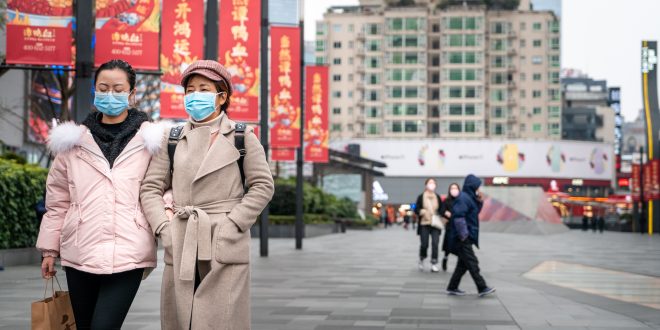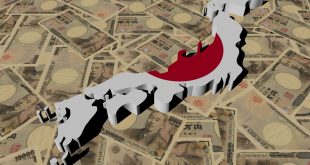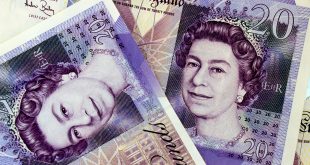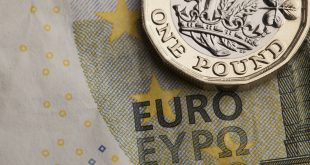Retail sales in China fell in July, disappointing expectations for a moderate increase, as consumers in the world’s second-largest economy failed to unleash caution about the Coronavirus, while the factory sector’s recovery struggled to increase its pace.
Asian markets fell today after a disappointing set of economic indicators, which raises concerns about the fragility of China’s exit from the Coronavirus.
China’s recovery is gaining momentum after the pandemic crippled large sectors of the economy as pent-up demand, government stimulus and a sudden resilience in exports revived activity.
But July data released by the National Bureau of Statistics on Friday showed industrial production grew on an annualized basis at a slower pace than expectations and that retail sales continued to decline for the seventh month in a row.
This was slightly offset by higher real estate investment, which revealed that the latest stimulus is supporting the construction sector.
Some analysts attribute the loss of momentum in the economy to the torrential rains in southern China since June and several new outbreaks of Covid-19 that have led to the imposition of partial lockdown measures.
Industrial production grew 4.8% in July, compared with the same period a year ago, in line with the growth recorded in June, but below expectations for a rise of 5.1%.
Retail sales fell 1.1% year-on-year, missing forecasts for a 0.1% rise and following a 1.8% drop in June.
The decline in retail sales was broad with worsening sales of clothing, cosmetics, home appliances and furniture from June.
The important exception was auto sales, which rose 12.%, which represents a shift in performance from an 8.2% decline in June.
But investment helped carry out the recovery, and was driven by rapid growth in the real estate sector, while analysts expect infrastructure spending to accelerate in the coming months on the back of government support.
The Chinese economy returned to growth in the Q2 after a significant decline at the beginning of the year, but the sudden weakness in domestic consumption slowed the momentum.
Investment in fixed assets fell 1.6% in the January-July period compared to the same period last year, in line with expectations, but the pace was slower than a 3.1% decline in the first half of the year.
Real estate investment in July grew at the fastest pace since April of last year, in line with expectations, as it received support from strong construction activity and lending facilitation. New home prices rose at a slightly slower pace in July than a month ago.
Infrastructure investment, a powerful engine of growth, fell 1% year on year, reversing the decline from a 2.7% decline in the first half.
 Noor Trends News, Technical Analysis, Educational Tools and Recommendations
Noor Trends News, Technical Analysis, Educational Tools and Recommendations





